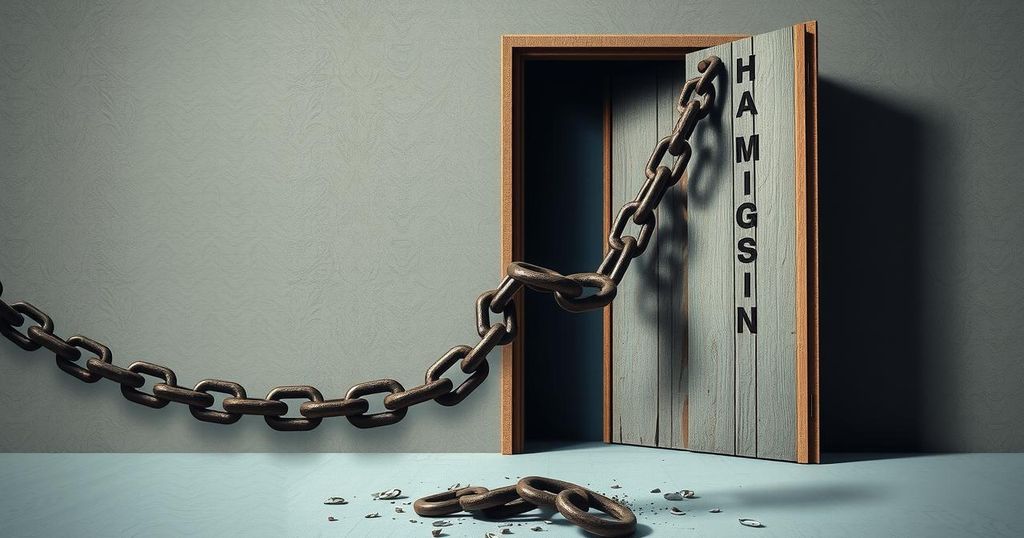Ahead of its UN Human Rights Council review, Egypt has intensified its crackdown on dissent, conducting arbitrary detentions and criminal investigations against critics, including prominent human rights defenders. Notable figures like Hossam Bahgat and Hisham Kassem face serious allegations while others, including journalists and social media users, confront harsh repercussions for expressing dissent. This repression highlights the government’s ongoing disinterest in addressing its human rights violations.
Egyptian authorities are intensifying their suppression of peaceful dissent via arbitrary detentions and politically motivated criminal investigations, coinciding with the upcoming Universal Periodic Review of the country’s human rights record by the United Nations on January 28. Despite this impending scrutiny, authorities have escalated actions against critics, including renowned human rights advocate Hossam Bahgat and opposition figure Hisham Kassem, who unexpectedly discovered ongoing investigations against them. Additionally, other detainees, such as Nada Mogheeth and TikToker Mohamed Allam, have faced arrest for their criticisms of the regime, signaling an alarming trend of state repression.
The government’s crackdown is particularly ironic given its imminent presentation before the Human Rights Council, revealing its disinterest in fostering a more tolerant environment or addressing its egregious human rights violations. This oppression also aligns with the anniversary of the 2011 revolution, during which the regime consistently targets dissenters in an effort to avert protests and commemorations.
Recently, Hossam Bahgat was summoned for questioning over accusations of spreading misinformation and aiding terrorists; the investigation is ongoing despite his release on bail. Simultaneously, Hisham Kassem learned he faces a new criminal case without prior notification, related to his criticism of former officials – a tactic often used to suppress dissent.
Further escalating violations, Nada Mogheeth was arrested without a warrant, linked to her comments regarding her husband’s detention. Journalists such as Ahmed Serag also face serious charges, including terrorism-related accusations, for promoting ideas through media outlets, reflecting the broader assault on independent journalism amidst tightening state control.
The case of Mohamed Allam, a TikToker arrested for anti-government posts and reportedly tortured during detention, highlights the severe consequences for those exercising free expression in Egypt. Analogous to many others caught in this escalating crackdown, Allam is subject to serious charges that could lead to lengthy imprisonment.
As Egypt prepares for an extensive review of its human rights situation, Amnesty International expresses grave concerns regarding the ongoing repression and lack of accountability for human rights abuses in the country, which remain a significant issue that the international community must address.
Egypt’s human rights crisis is underscored by persistent governmental abuses, including arbitrary detentions and suppressive actions against critics. The upcoming Universal Periodic Review by the UN Human Rights Council aims to scrutinize these practices. Despite this review, the Egyptian regime has intensified its crackdown, particularly as the anniversary of the 2011 revolution approaches, reflecting a pattern of hostility toward dissenting voices and a refusal to acknowledge systemic flaws in its human rights record.
The escalating repression in Egypt poses critical questions regarding the government’s commitment to human rights, especially as it approaches a key international review. Actions against figures like Hossam Bahgat, Hisham Kassem, and the arrests of individuals like Nada Mogheeth and Mohamed Allam signify a continued crackdown on freedom of expression. As the international community engages with Egypt’s human rights situation, it is crucial to hold the government accountable for its ongoing abuses and to advocate for the rights of those persecuted for their dissenting opinions.
Original Source: www.amnesty.org






